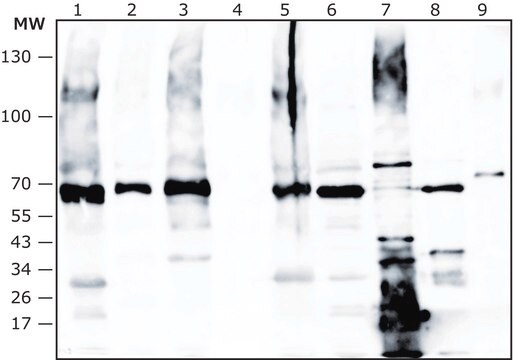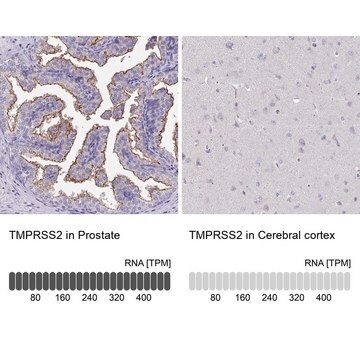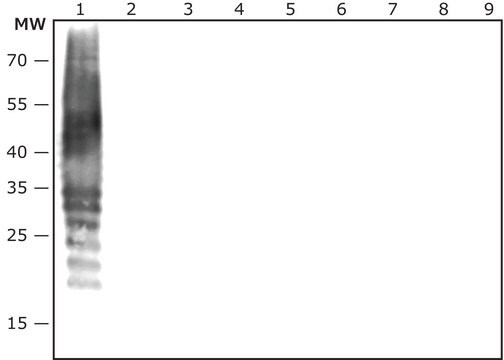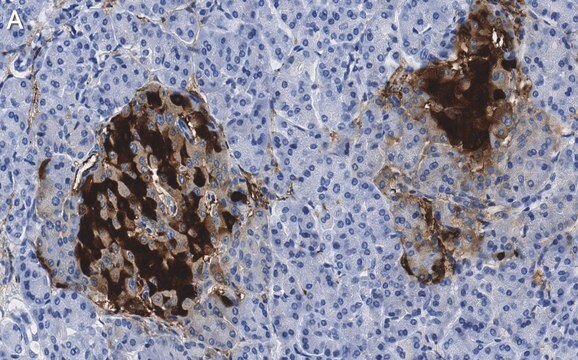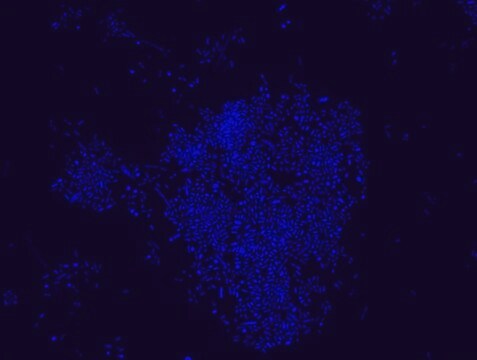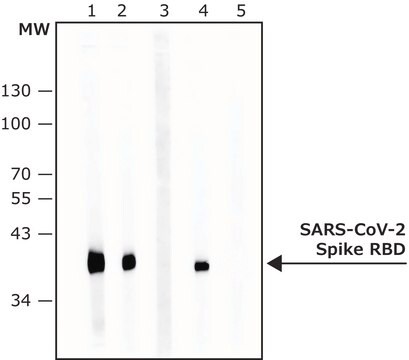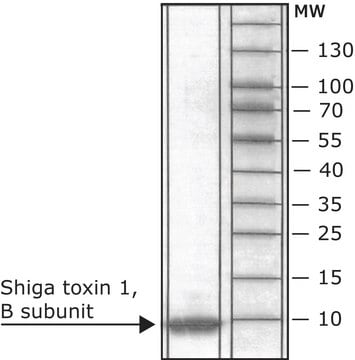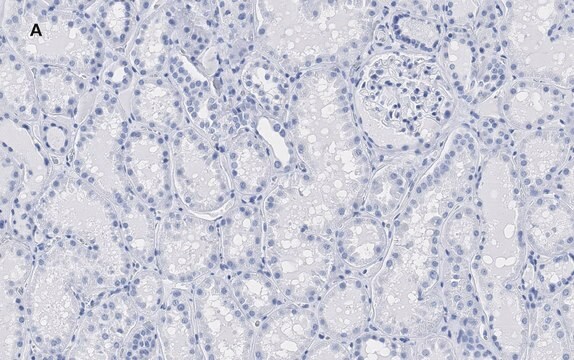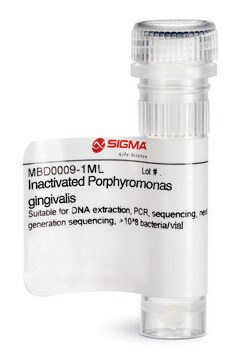SAB4200870
Anti-Akkermancia muciniphila antibody produced in rabbit
IgG fraction of antiserum
About This Item
Produits recommandés
Source biologique
rabbit
Niveau de qualité
Forme d'anticorps
IgG fraction of antiserum
Type de produit anticorps
primary antibodies
Forme
liquid
Espèces réactives
(Akkermancia muciniphila)
Conditionnement
pkg of 100 μL
pkg of 25 μL
Concentration
~1 mg/mL
Technique(s)
immunoblotting: 1:500-1:1000 using Akkermansia muciniphila lysate
Conditions d'expédition
dry ice
Température de stockage
−20°C
Modification post-traductionnelle de la cible
unmodified
Description générale
In addition, goring research identified A. muciniphila as a promising potential probiotic that can be administrated for the treatment of diseases such as, colitis, metabolic syndromes, immune diseases and cancer. However more research is needed to verify the safety of oral administration of A. muciniphila in humans.3
Spécificité
Actions biochimiques/physiologiques
Forme physique
Stockage et stabilité
Clause de non-responsabilité
Vous ne trouvez pas le bon produit ?
Essayez notre Outil de sélection de produits.
Code de la classe de stockage
12 - Non Combustible Liquids
Classe de danger pour l'eau (WGK)
nwg
Point d'éclair (°F)
Not applicable
Point d'éclair (°C)
Not applicable
Faites votre choix parmi les versions les plus récentes :
Certificats d'analyse (COA)
Désolés, nous n'avons pas de COA pour ce produit disponible en ligne pour le moment.
Si vous avez besoin d'assistance, veuillez contacter Service Clients
Déjà en possession de ce produit ?
Retrouvez la documentation relative aux produits que vous avez récemment achetés dans la Bibliothèque de documents.
Notre équipe de scientifiques dispose d'une expérience dans tous les secteurs de la recherche, notamment en sciences de la vie, science des matériaux, synthèse chimique, chromatographie, analyse et dans de nombreux autres domaines..
Contacter notre Service technique